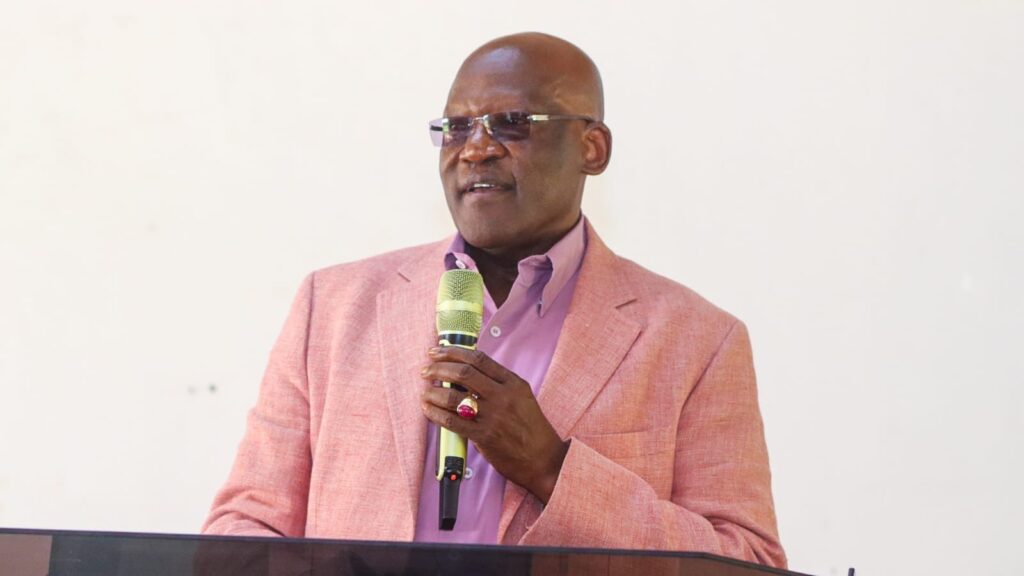The death of Albert Ojwang while in police custody has sparked nationwide outrage, with leaders across the political divide condemning the incident as a blatant violation of human rights and a betrayal of Kenya Kwanza’s pledge to end extrajudicial killings. Ojwang died on June 7, 2025, at Nairobi Central Police Station just an hour after being booked, raising serious concerns over police conduct and accountability.
A postmortem conducted by government pathologist Dr. Bernard Midia revealed that Ojwang died from neck compression and multiple bodily injuries, contradicting police claims that he fatally hit his head on a cell wall. “This is unlikely to be a self-inflicted injury,” stated Dr. Midia, casting doubt on the official police narrative. Medical experts note that neck compression can result from strangulation or excessive force, further fueling suspicions of foul play.
Johnson Muthama, founding UDA chairperson and Parliamentary Service Commissioner, termed the incident “tragic and unacceptable,” emphasizing that it undermines Kenya’s global reputation. “We promised Kenyans that President Ruto’s administration would stop extrajudicial killings. This is a betrayal of that pledge,” he said, demanding full accountability for those responsible.
Former Prime Minister Raila Odinga also condemned the killing, warning that such incidents erode public trust in law enforcement. “This adds to the horrifying list of young Kenyans killed senselessly by police,” Raila said, questioning the circumstances of Ojwang’s arrest. “Who ordered his transfer to Nairobi? That person must answer to Kenyans.”
The growing outcry has intensified demands for an independent investigation. Human rights groups and civil society organizations have long accused Kenyan police of brutality and operating with impunity. Ojwang’s death has reignited these concerns, with activists urging swift legal action to deliver justice for his family.
As pressure mounts on the government to act, Ojwang’s case has become a litmus test for Kenya’s commitment to police reforms and the rule of law. Without transparency and accountability, such incidents risk further damaging public confidence in state institutions a dangerous path for any democracy.
The Bottom Line: Albert Ojwang’s death must not be swept under the rug. Kenyans deserve answers, and those responsible must face the full force of the law. Anything less would be an affront to justice and a betrayal of the reforms Kenya was promised.

